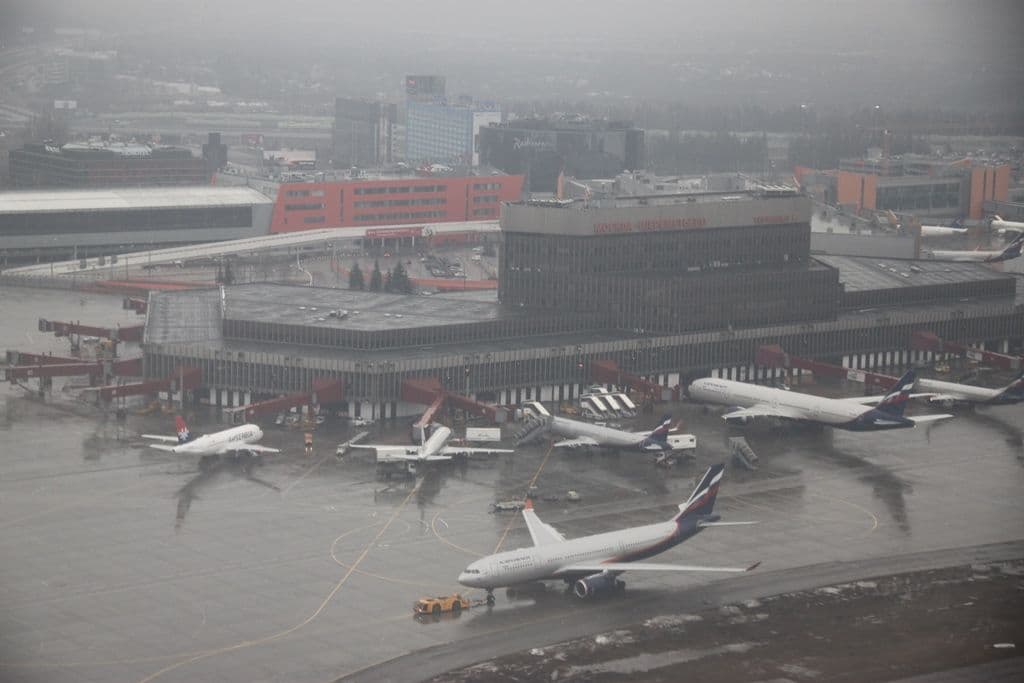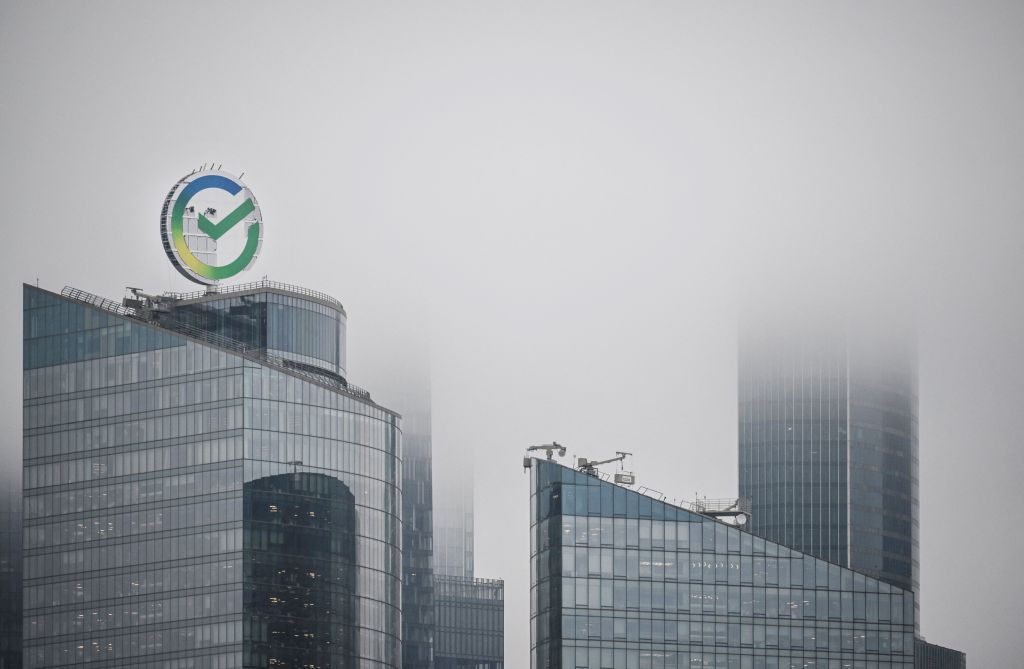Bloomberg: Russians who left abroad increasingly return home, boosting economy

An increasing number of Russians who left abroad after the outbreak of the full-scale invasion are returning home, namely due to difficulties with residence permits and jobs abroad, Bloomberg reported on May 2.
Around 1 million Russians left the country after the start of the all-out war due to their opposition to the invasion or out of fear of mobilization.
As the war entered its third year with no end in sight, many Russian expatriates are being rejected when applying for extended residency, or face challenges with running businesses abroad, Bloomberg wrote.
Russia claimed in June 2023 that half of those who fled the country in the early days of the all-out war have returned. Finion, a Moscow-based relocation firm, confirmed that an estimated 40%-45% of those who left in 2022 have returned to Russia, the outlet said.
Moscow has sought to use this as "evidence" of the support for Russian President Vladimir Putin's policies.
The country is also actively trying to attract specialists, for example, in the IT sector, in order to reverse the brain drain.
"The reverse migration has likely added between one-fifth and one-third to Russia's 3.6% annual economic growth in 2023," Bloomberg Economics estimates.
While the number of returning workers represents only around 0.3% of the total number of employed, the resulting economic boost underscores the value of the expatriates' activity.
Western countries and their partners have sought to exert pressure on Russia's economy through sanctions in order to curb its ability to wage war against Ukraine.
Despite the efforts to isolate it economically, Russia's economy is expected to grow by 3.2% in 2024, the International Monetary Fund (IMF) said. Moscow said that sanctions made the country more self-sufficient, while energy exports to India, China, and other countries continue to fill its coffers.












